Council of the EU
Filter by...
-
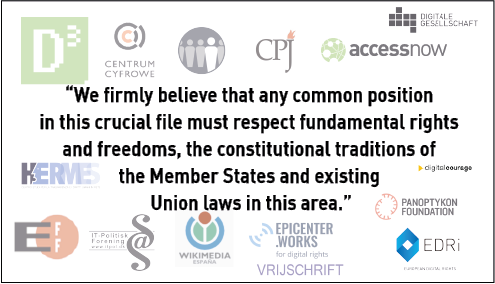
Open letter: Civil society urges Member States to respect the principles of the law in Terrorist Content Online Regulation
On 27 March 2020, European Digital Rights (EDRi) and 12 of its member organisations sent an open letter to representatives of Member States in the Council of the EU. In the letter, we voice our deep concern over the proposed legislation on the regulation of terrorist content online and what we view as serious potential threats to fundamental rights of privacy, freedom of expression, etc.
Read more
-
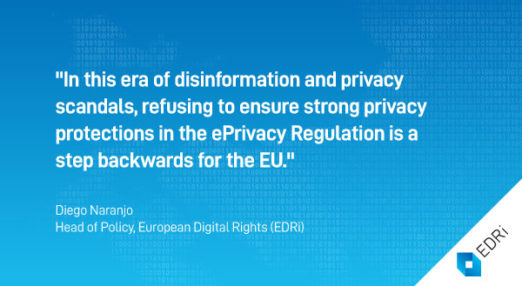
ePrivacy: EU Member States push crucial reform on privacy norms close to a dead end
Today, on 22 November 2019, the Permanent Representatives Committee of the Council of the European Union (COREPER) has rejected the Council’s position on a draft ePrivacy Regulation. “In this era of disinformation and privacy scandals, refusing to ensure strong privacy protections in the ePrivacy Regulation is a step backwards for the EU,” said Diego Naranjo, […]
Read more
-

ePrivacy hangs in the balance, but it’s not over yet…
Unless you have been living under a rock (read: outside the “Brussels bubble”) you will likely be aware of the long and winding road on which the proposed ePrivacy Regulation has been for the last three years. This is not unusual for a piece of European Union (EU) legislation – the 2018 General Data Protection […]
Read more
-
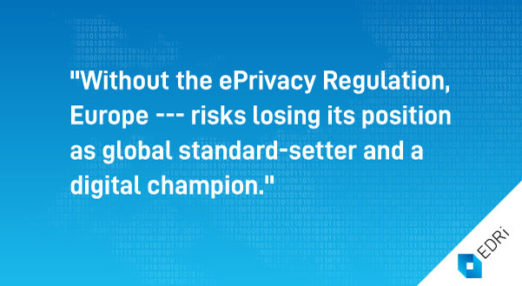
Open letter to EU Member States: Deliver ePrivacy now!
On 11 October 2019, EDRi, together with four other civil society organisations, sent an open letter to EU Member States, to urge to conclude the negotiations on the ePrivacy Regulation. The letter highlights the urgent need for a strong ePrivacy Regulation in order to tackle the problems created by the commercial surveillance business models, and […]
Read more
-

Right a wrong: ePrivacy now!
When the European Commission proposed to replace the outdated and improperly enforced 2002 ePrivacy Directive with a new ePrivacy Regulation in January 2017, it marked a cautiously hopeful moment for digital rights advocates across Europe. With the backdrop of the General Data Protection Regulation (GDPR), adopted in May 2018, Europe took a giant leap ahead […]
Read more
-
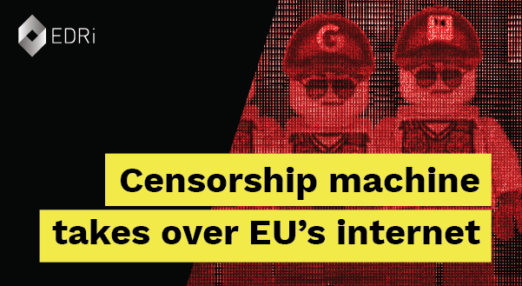
EU Member States give green light for copyright censorship
Today, on 15 April 2019, European Union Member States gave their final approval to the text of the copyright Directive as it was adopted by the European Parliament on 26 March. This vote in the Council of the EU was the last procedural requirement in the EU law-making process. Now the Directive, once translated and […]
Read more
-

EU Council Presidency outlines future counter-terrorism priorities
A note produced by the Romanian Presidency of the Council of the European Union sets out the EU’s response to terrorism since 2015. It highlights the main measures adopted and calls for a “reflection process on the way forward” in a number of areas including “interoperability and extended use of biometrics”; implementing the EU Passenger […]
Read more
-
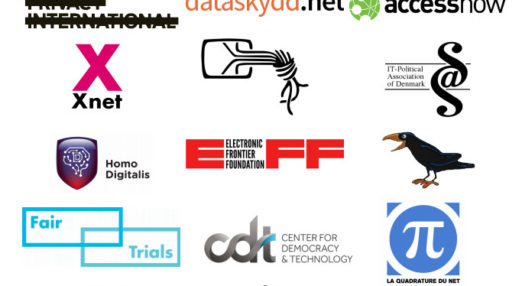
Growing concerns on “e-evidence”: Council publishes its draft general approach
On 30 November 2018, the Council of the European Union published a draft text for its general approach on the proposal for a regulation on European Production and Preservation Orders in criminal matters – also known as “e-evidence”. The text is to be adopted by EU Member States, represented in the Council.
Read more
-
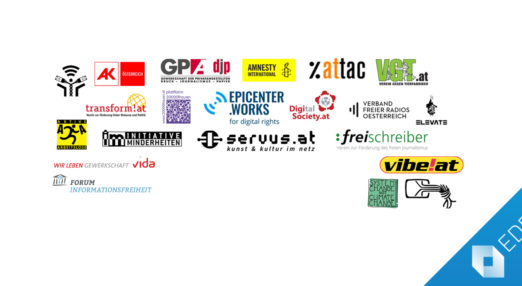
NGOs urge Austrian Council Presidency to finalise e-Privacy reform
EDRi member epicenter.works, together with 20 NGOs, is urging the Austrian Presidency of the Council of the European Union to take action towards ensuring the finalisation of the e-Privacy reform. The group, counting the biggest civil society organisations in Austria such as Amnesty International and two labour unions, demands in an open letter sent on 6 November 2018 an end to the apparently never-ending deliberations between the EU member states.
Read more
-

Closed-doors discussions to filter the internet continue
On 12 September 2018, the European Parliament (EP) adopted the worst imaginable amendments to the copyright Directive proposal.
Read more
-
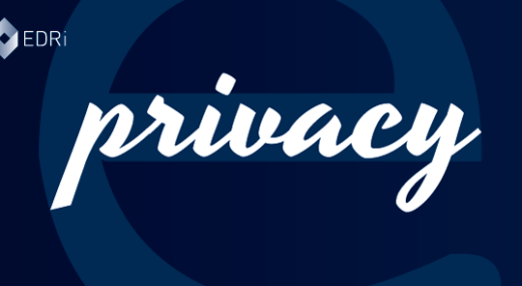
Five reasons to be concerned about the Council ePrivacy draft
The amendments improve the original proposal by strengthening confidentiality requirements for electronic communication services, and include a ban on tracking walls, legally binding signals for giving or refusing consent to online tracking, and privacy by design requirements for web browsers and apps.
Read more
-

EU Council indecision on ePrivacy is bad for Europe
In 2017, the United States National Telecommunications and Information Administration (NTIA), which is part of the Department of Commerce, warned of the “chill on discourse and economic activity” caused by privacy and security fears.
Read more
